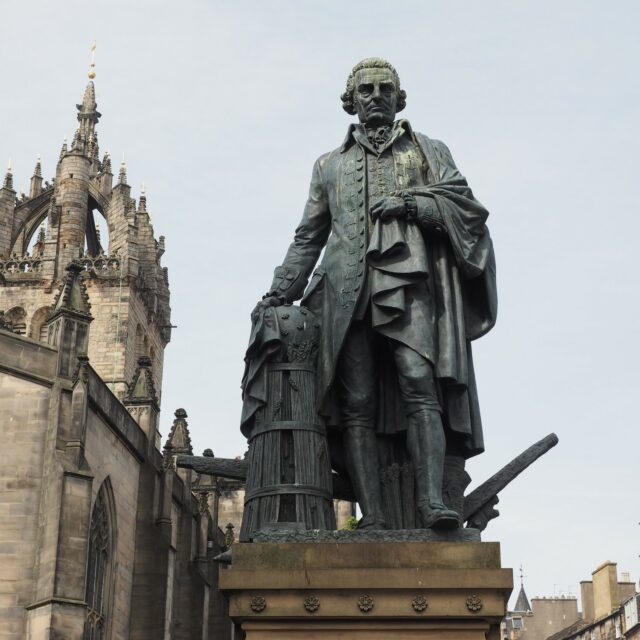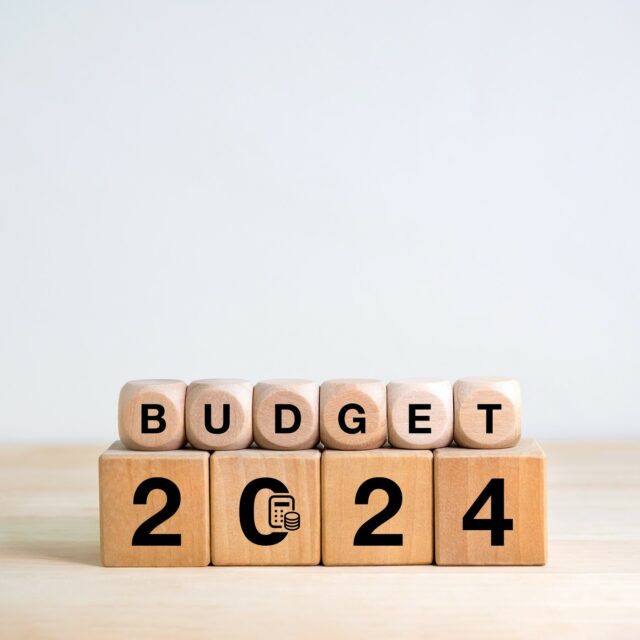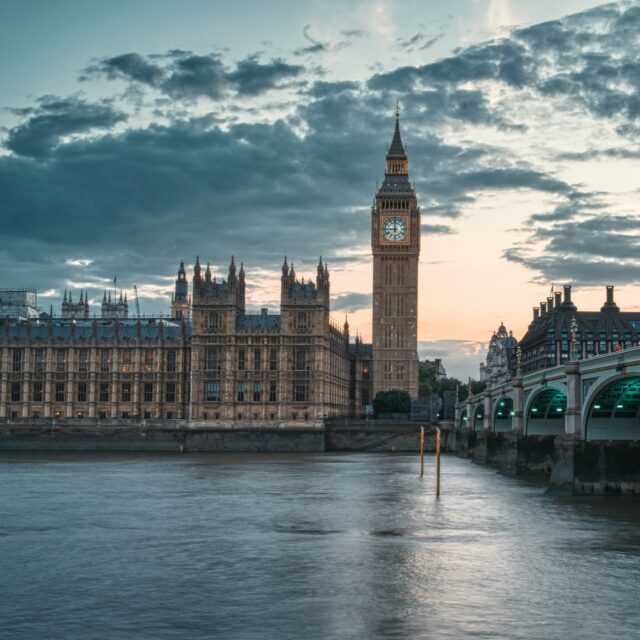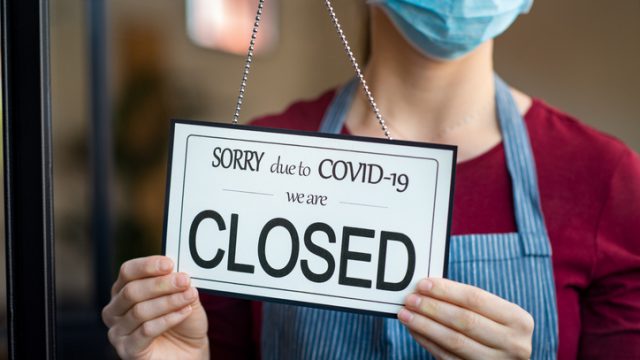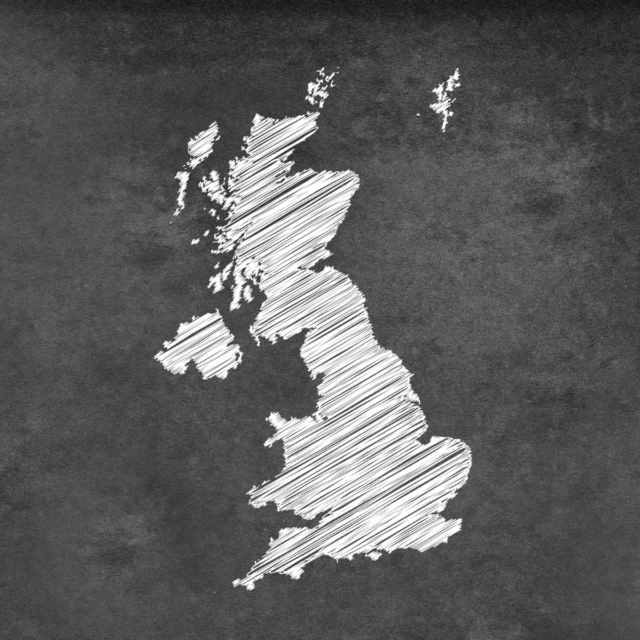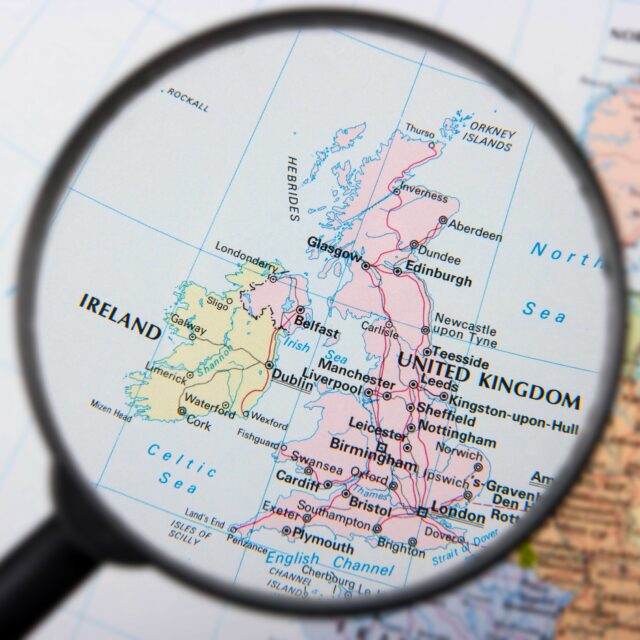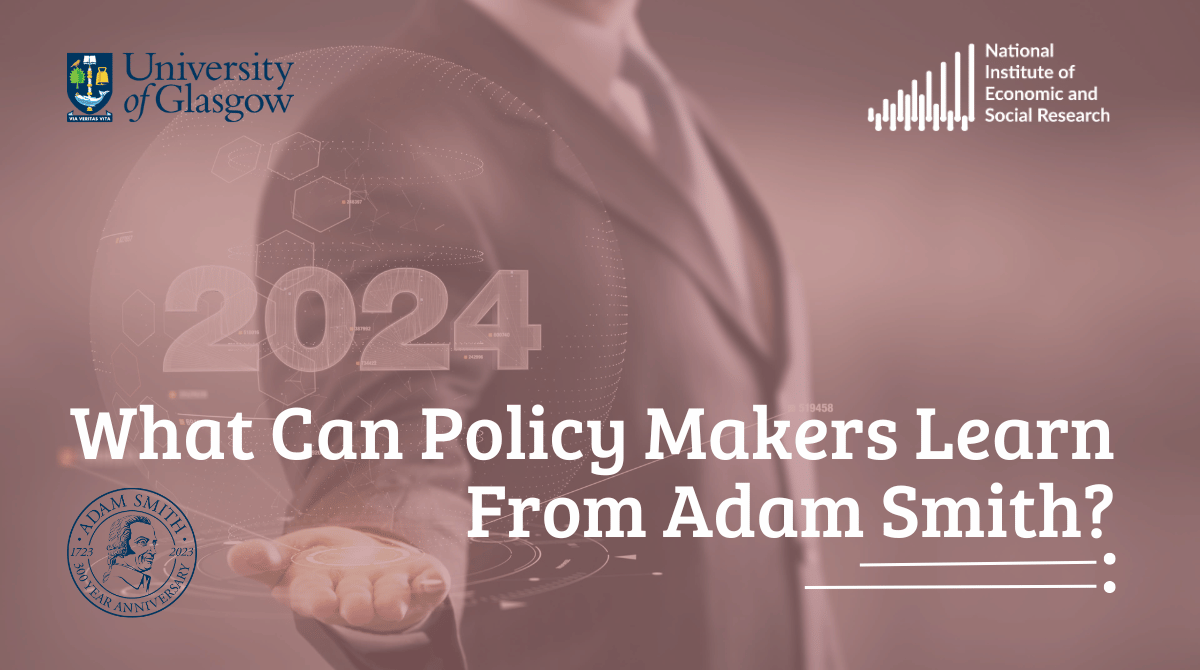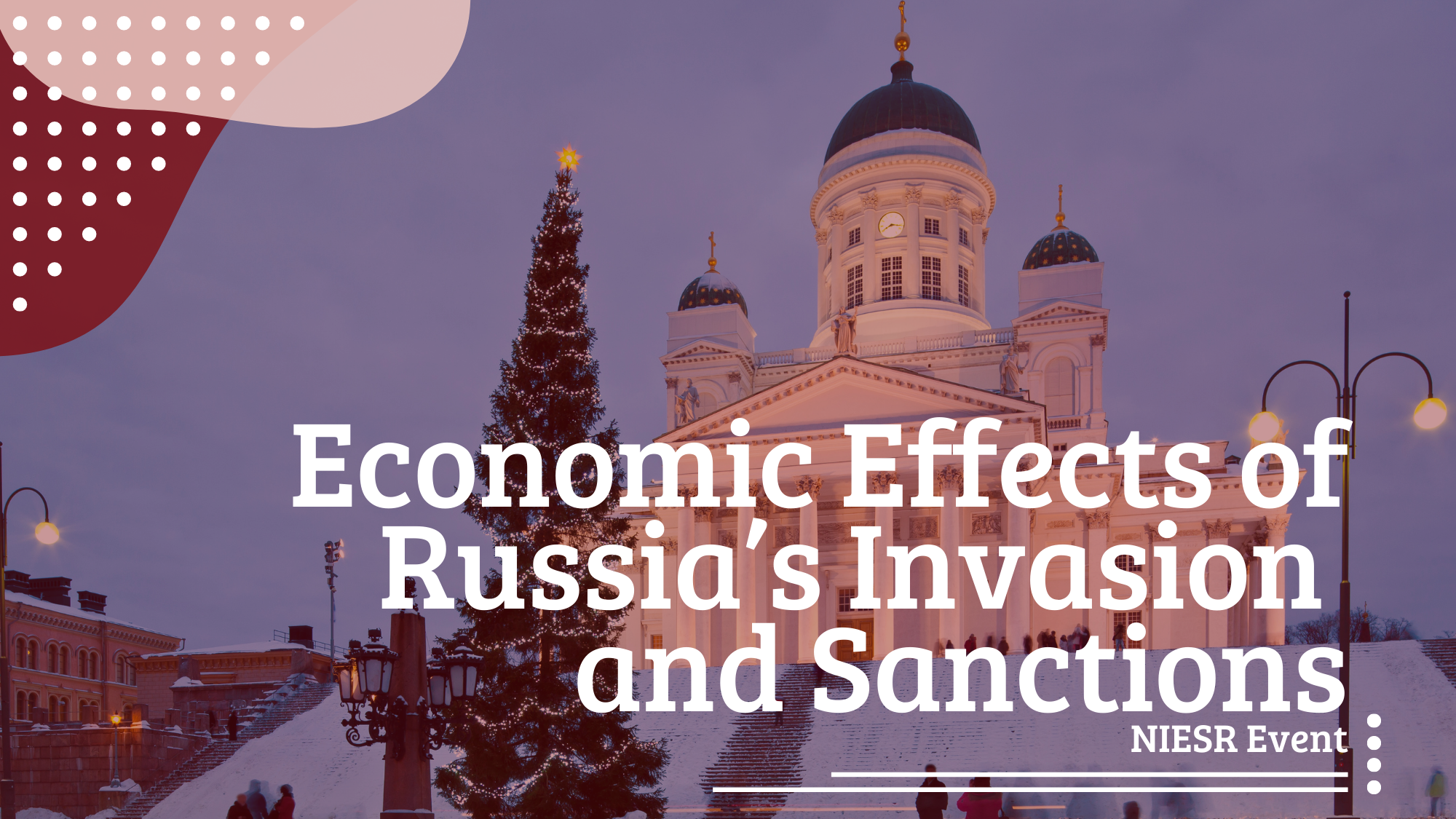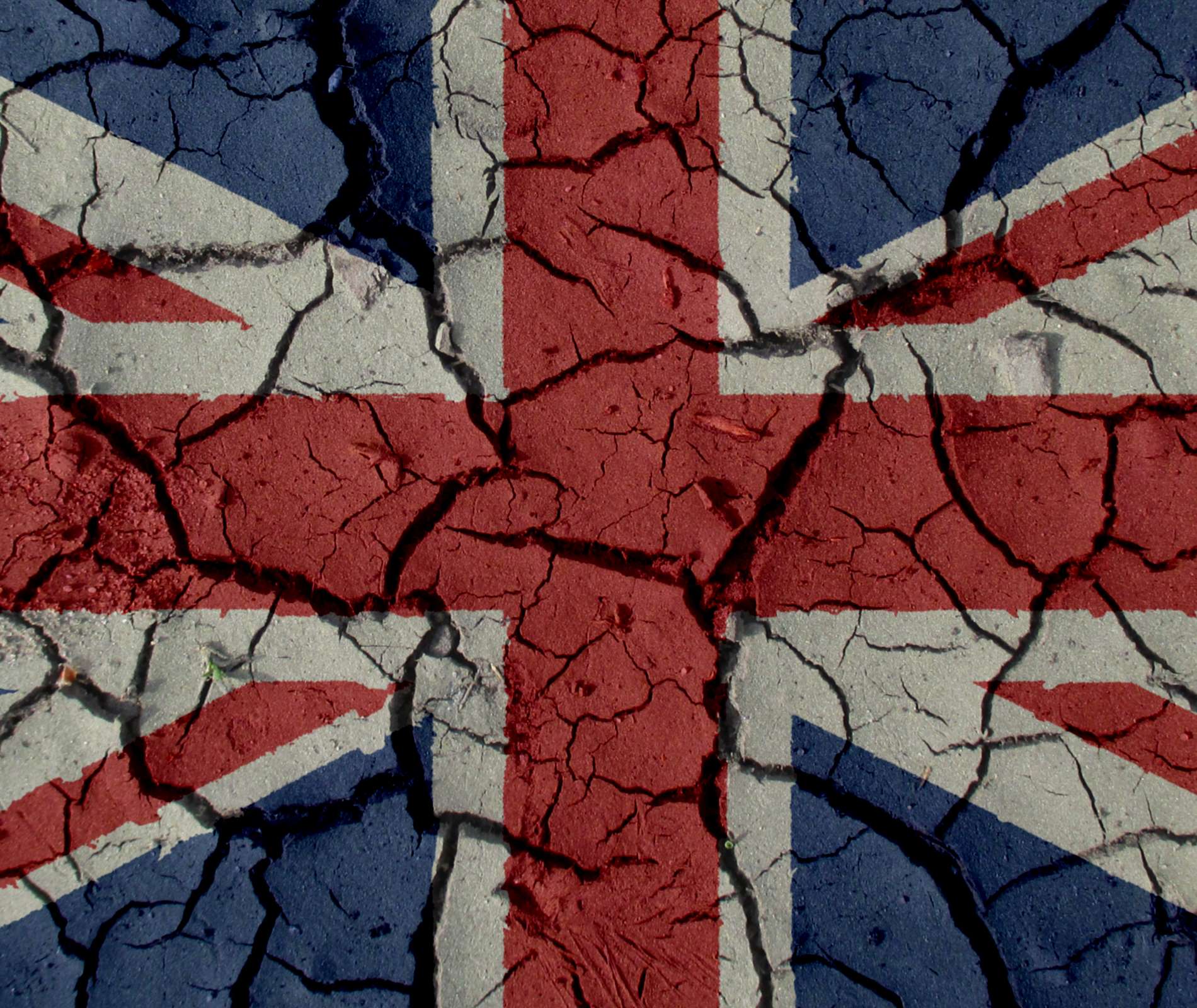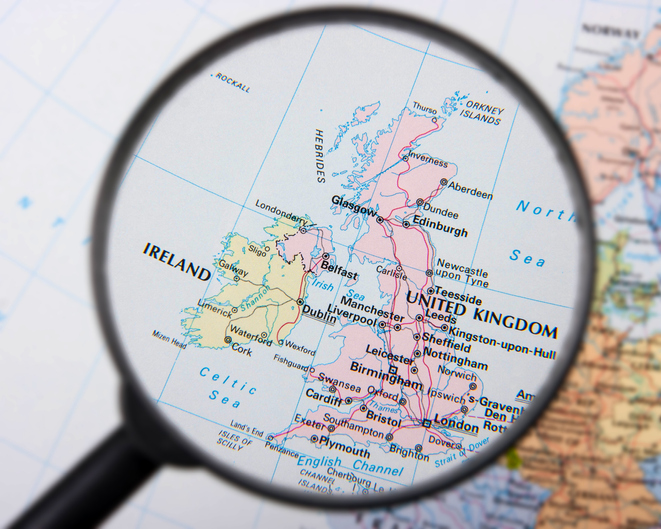Research report: public understanding of the economic impacts of Covid-19
 Pub. Date
Pub. Date
 Pub. Type
Pub. Type
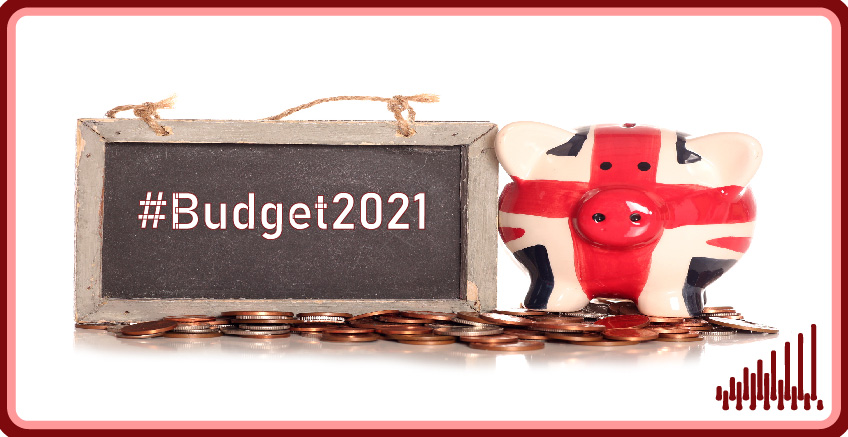
Overview
Building on our recent NIESR report on Public Understanding of Economics and Economic Statistics, we conducted an additional 20 semi-structured interviews with members of the UK public. We explored public perceptions of the economic impacts of the Covid-19 pandemic, and assessed what formative experiences are likely to shape public understanding of the economy for years to come.
Summary of findings
Covid-19 was seen as an unprecedented economic crisis. There was a sense among participants that this was the worst crisis in a very long time, one they had not faced in their own lifetime and which was likely worse than anything since the world wars. Participants described in detail how it had affected all parts of the economy, but also that it impacted certain industries and people differently, and some not at all. The crisis had made some participants realise how interconnected the economy was, and that seemingly isolated impacts could create domino or ripple effects.
Above all, participants associated the crisis with the large government support packages, especially the furlough scheme. This was seen as an example of the tremendous power and ability of the state to protect its people and businesses when they most needed it, but it also made participants wonder why the money had not been used to improve public services before the pandemic. Participants were immensely worried about how long such measures could be sustained, and feared what would happen with an already struggling labour market in the future. Participants had already seen large rises in redundancies and closures of businesses but anticipated there would be mass unemployment once the furlough scheme came to an end.
Participants said the pandemic had reinforced their confusion about government borrowing and debt. Participants did not understand where the money came from, who it would be paid back to, and the consequences of not doing so. Some said it must come from a “war chest” or “a mystery man”. Others said it was related to government borrowings and debt, and that it had “something to do with the Bank of England”, but did not understand how, but really wanted to know. Regardless, participants anticipated that the money would inevitably have to be paid back in the future, and it would probably be recouped through large tax rises. Many feared this would unfairly fall on the working man as it had done in the past, but wanted larger corporations, especially digital companies and others who had done well out of the pandemic, to pay their share of the burden.

